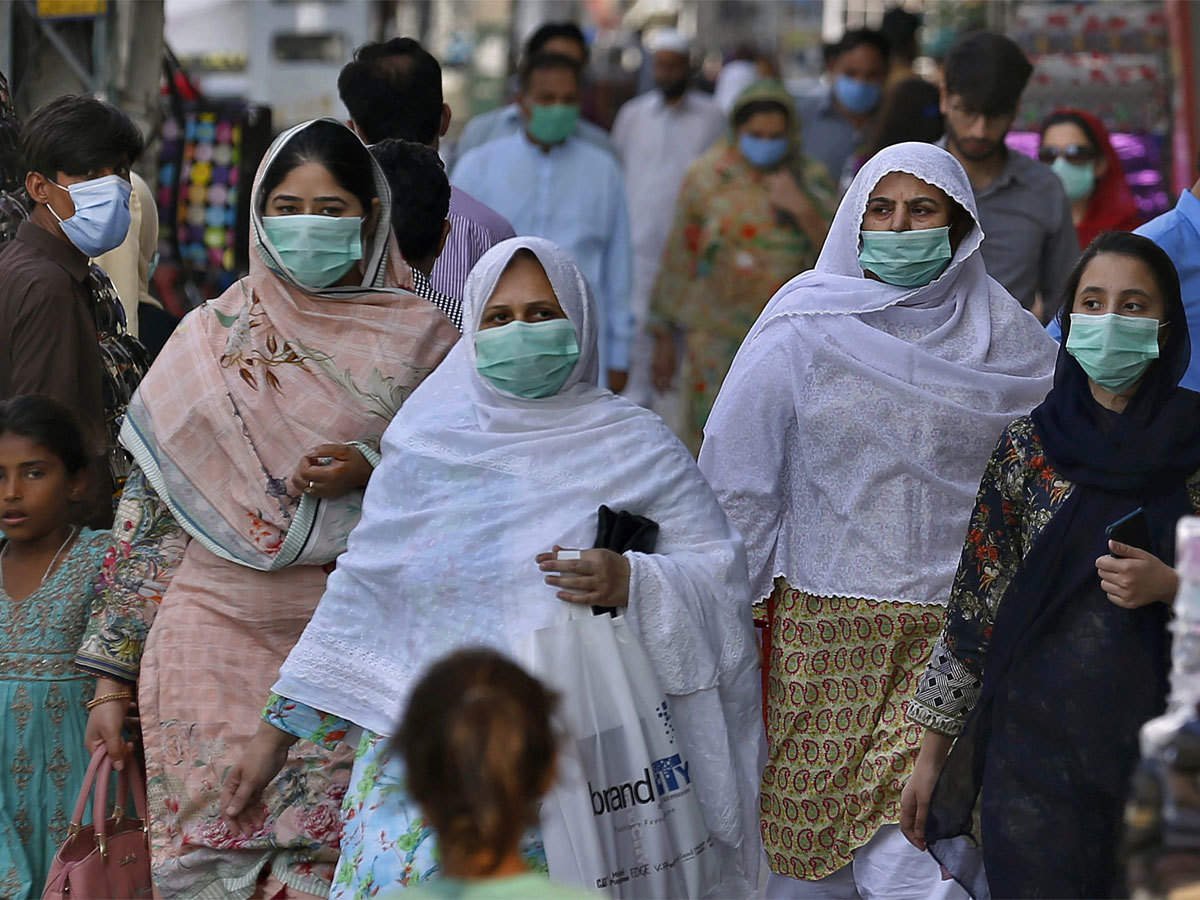The National Institute of Health (NIH) in Islamabad has clarified that a severe respiratory illness affecting adults in Pakistan is attributed to a type of influenza virus, not COVID-19.
The health institute revealed that thousands of cases of influenza-like illness (ILI) are reported daily in the country, and the culprit is identified as the H3N2 sub-type of Influenza-A virus. Meanwhile, among children, Respiratory Syncytial Virus (RSV) is causing illness nationwide.
Officials from NIH emphasized the importance of precautionary measures, such as practicing coughing etiquette, to prevent the contraction of respiratory illnesses. They dispelled the misconception that COVID-19 is responsible for the surge in respiratory cases, stating that recent surveillance and testing indicate a prevalence of the H3N2 sub-type of Influenza-A in various regions, including Islamabad, Rawalpindi, Sindh, and most of Punjab.
A senior NIH official highlighted that COVID-19 positivity remained below 1% during the last week, with only 16 cases detected across Pakistan after 3,609 tests. Many people were neither getting tested for COVID-19 nor the influenza-like illness, contributing to the confusion.
Severe Acute Respiratory Infections (SARI) were notably reported in Khyber Pakhtunkhwa and Balochistan, according to the NIH official. Data from NIH indicated around 46,000 ILI cases during the 49th week of the year, with the highest numbers reported in Sindh, Khyber Pakhtunkhwa, Balochistan, and Azad Jammu and Kashmir.
Renowned infectious diseases expert Dr. Faisal Sultan acknowledged the influenza outbreak, noting increased diagnoses due to widespread PCR availability. He mentioned the possibility of prolonged convalescence and complications, particularly for vulnerable populations with heart or lung conditions.
Health experts and pulmonologists in Karachi supported the observations, confirming that influenza A is more common than COVID-19 in the city, causing severe illness in elderly individuals with comorbidities. Dr. Raeef Ahmed, a pulmonologist, emphasized avoiding antibiotics for flu treatment and highlighted positive results with the antiviral medicine Tamiflu among hospitalized adults.
Regarding the availability of flu shots or influenza vaccines, Dr. Ahmed mentioned their unavailability in the market, suggesting that it is now late for vaccination against the flu. Epidemiologist Dr. Rana Muhammad Safdar urged people to adopt COVID-19 precautions to prevent respiratory illnesses, emphasizing the role of poor air quality and smog in contributing to such health challenges. He advised gargling with lukewarm salt water before bed to reduce the risk of throat infections.










